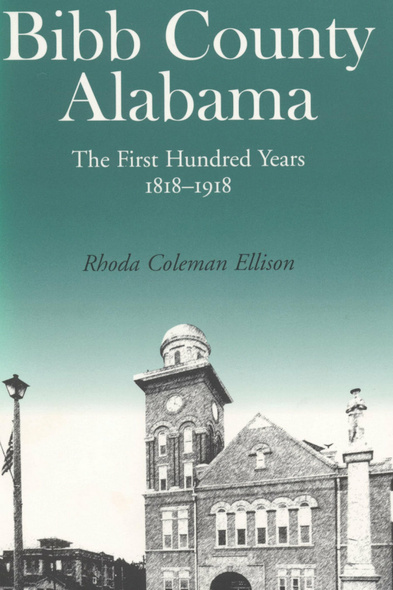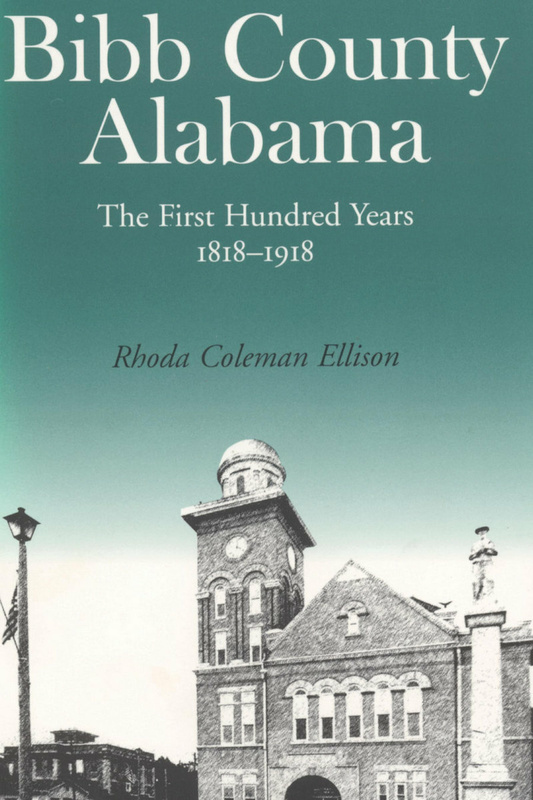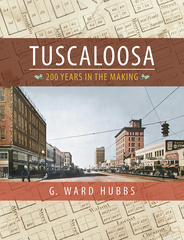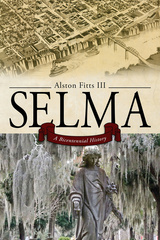
This model county history chronicles one hundred years in the life of a representative Deep South county
The history of Bibb County between 1818 and 1918 is in many ways representative of the experience of central Alabama during that period. Bibb County shares physical characteristics with the areas both to its north and to its south. In its northern section is a mineral district and in its southern valleys fertile farming country; therefore, its citizens have sometimes allied themselves with the hill counties and sometimes with their Black Belt neighbors.
Both sections of the county developed in step with the surrounding counties. Bibb's foundries were established during the same time and by the same iron masters as Shelby County, and its coal mines in the same decade as Jefferson County. Its farmers planted the same crops and faced the same problems as those in Perry, Autauga, and Tuscaloosa counties. Like Tuscaloosa, Bibb endeavored to promote river transportation for both its industrial and its agricultural products.
This carefully documented history is based on a variety of original sources, from personal letters to government records. It is generously illustrated with early maps and with old pictures of Bibb landmarks, many of which have now vanished.
Ellison has established a model for those who wish to write a good county history. She tells the story of Bibb County thoughtfully and skillfully against a background of state and national events. She balances the political and economic with cultural history, and she captures the spirit of the people of this very rural Alabama county.'
—Journal of Southern History
Ellison has written an outstanding book, a book that mirrors, on a reduced scale, many of the events of 19th-century Alabama and of much of the Deep South.'
—Southern Historian
Rhoda Coleman Ellison is a native of Centreville in Bibb County, and is Professor Emerita of English at Huntingdon College.






